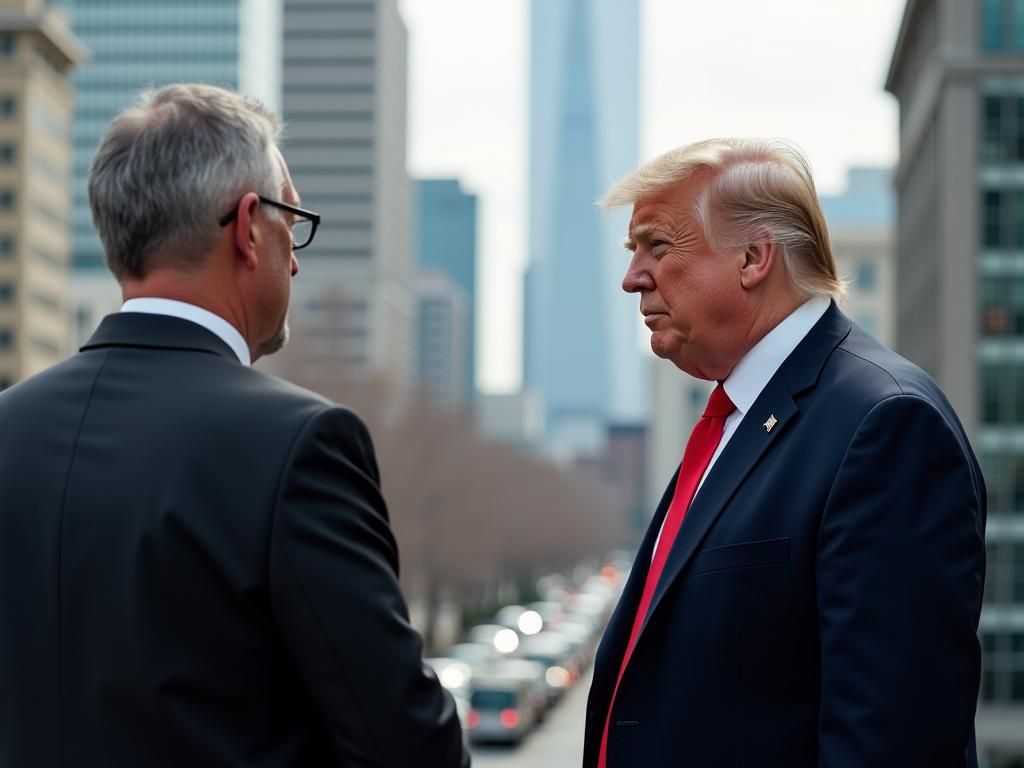
A recent court ruling has blocked tariffs imposed by the Trump administration on various goods, significantly altering the landscape of international trade.
The tariffs, which were implemented under Section 232 of the Trade Expansion Act of 1962, targeted imports such as steel and aluminum, citing national security concerns.
The court’s decision found the legal justification for these tariffs insufficient, effectively invalidating the levies.
The ruling has immediate consequences, potentially leading to refunds for importers who paid the tariffs during the period they were in effect.
America’s trading partners, including major economies such as the European Union and China, are now assessing the implications of the court’s decision.
These partners are likely to consider their next steps, which may include adjusting their own trade policies and strategies.
Some nations might choose to revisit trade negotiations or agreements previously affected by the tariffs.
The court’s action could open opportunities for increased trade in the affected sectors, potentially lowering prices for consumers.
The long-term effects of the ruling remain uncertain, but it is anticipated to influence global trade dynamics and the relationships between the United States and its trade partners for the foreseeable future.
The case highlights the ongoing interplay between legal interpretations, national economic policies, and international commerce.



